Recent stampedes at Christmas charity events in Nigeria have tragically resulted in at least 67 fatalities, including many children.
These incidents occurred during food distribution events amidst a severe cost-of-living crisis, with reports of tragedies in Oyo State, Anambra State, and Abuja. On 18 December 2024, at least 35 died in a crush at a funfair in Oyo during a food distribution event. Subsequently, on 21 December 22 individuals were killed in Anambra during a similar event at Okija-Ihiala, and another 10 fatalities were reported in Abuja at the Holy Trinity Catholic Church, where the St. Vincent de Paul Society organised the event.
Join our WhatsApp ChannelIn response to these incidents, the Nigerian government has expressed deep concern regarding the recent stampedes. President Bola Tinubu emphasised the necessity for stricter safety measures at charitable events and urged authorities to hold organisers accountable for operational failures. He stated that police would now require prior permission for such gatherings to prevent future tragedies.
The Minister of Humanitarian Affairs on the other hand described the incidents as “deeply saddening,” highlighting the urgent need for improved crowd management during charity distributions, especially amid Nigeria’s severe cost-of-living crisis. Meanwhile, the police have indicated that investigations are underway to ascertain the causes and responsibilities for the recent stampedes.
Half-hearted Local Police Actions
In Oyo State, Police Public Relations Officer Adewale Osifeso confirmed the tragic loss of 35 lives and stressed the need for better crowd management. He assured that eight individuals involved in organising the event have been arrested. Similarly, in Abuja, Inspector-General of Police, Kayode Egbetokun, has ordered thorough investigations into the stampede incidents and underscored the importance of organised distribution of palliatives to avert future tragedies. In Anambra, local police echoed similar sentiments, stressing the need for accountability among event organisers to ensure public safety.
Although Police spokespersons across these locations have committed to collaborating closely with local authorities to prevent such occurrences in the future, both federal and state governments, alongside law enforcement agencies, appear to be missing the point.
For instance, the Lagos State government has directed palliative rice distributors to obtain a licence before sharing food items. This directive, issued on December 22, 2024, aims to enhance regulation and ensure accountability in the distribution process.
However, a pressing question remains: is government hampering such palliative efforts? Does it intend to restrict such philanthropy or believe that licensing will prevent stampedes?
Historical Context of Palliative Distribution in Nigeria
Research indicates that the distribution of palliative packages has a long history in Nigeria, often conducted by humanitarian organisations, religious groups, and community services during emergencies.
Notably, during the COVID-19 pandemic in 2020, various philanthropists and organisations engaged in distributing food items, cash, and health kits to vulnerable populations. This included significant contributions from prominent figures such as Aliko Dangote and Tony Elumelu.
READ ALSO: How Hunger Stampede In 3 Nigerian Cities Claimed 70 Lives In 48 Hours
While specific historical records of fatalities are limited, widespread complaints arose regarding government palliative distributions during the COVID-19 pandemic; however, these did not result in reported fatalities from stampedes. Citizens alleged that the distribution process was politicised and poorly managed, leading to significant public outcry.
Did Tinubu Ignore Current Hunger Crisis?
The critical question now is: why are there fatalities in 2024? This reflects an alarming increase in hunger across the nation that continues to escalate yearly. Projections suggest that 26.5 million people faced acute hunger in 2024. The World Food Programme and various reports highlight that Nigeria is grappling with a severe hunger crisis due to economic instability, conflict, and governance failures affecting millions.
Research findings show that Nigeria remains one of the poorest countries globally, with approximately 70% of its population living below US$1 per day. Yet President Bola Ahmed Tinubu did not address hunger when he cancelled his schedule to attend to victims of the stampede.
During his recent address following the tragic stampedes in Abuja, Oyo, and Anambra states, the President acknowledged the severity of the situation but primarily focused on the responsibility of event organisers. He emphasised that these tragedies reflect systemic failures and called for better crowd management.
On the other hand, Labour Party presidential candidate in the 2023 elections, Peter Obi, once highlighted the paradox of hunger in a resource-rich nation by stating that despite Nigeria’s abundant resources and fertile land, people are still dying of hunger. This comment underscores broader issues of food insecurity amid economic challenges.
Clearly, the removal of fuel subsidies has led to increased fuel prices and inflation while exacerbating poverty levels—areas where government excuses fall short instead of addressing fundamental issues like building local refineries, investing in agriculture, attracting foreign investments, and supporting industrial growth and productivity.
The Media and Continued Hype of Trip Cancellations
The media, on the other hand, have continued to sensationalise President Tinubu’s cancelled schedules. Why focus on licensing and cancelled appointments instead of lamenting the regrettable hunger ravaging the country?
The emphasis on licensing for palliative distribution and media attention on President Tinubu’s cancellations has further overshadowed the pressing issue of hunger in Nigeria. So, instead of addressing these critical issues, the government appears to be sidestepping the root causes of hunger by concentrating on regulatory measures. This seeming neglect of the humanitarian crisis raises concerns about the government’s priorities amid rising food insecurity and poverty levels.
What the Government Should Focus On
To effectively address the ongoing hunger crisis in Nigeria, Abuja must take decisive actions in several key areas. First, enhancing agricultural productivity is essential. This can be achieved by investing in modern agricultural practices, improving access to credit for farmers, and utilising technology to boost food production. Supporting local production systems will help reduce dependency on imports and enhance food security.
In addition, implementing social safety nets is crucial. Establishing and expanding programmes such as cash transfers and food subsidies can alleviate poverty and improve food access for vulnerable populations, but this should be done in a very structured manner. This is particularly important given the strong link between poverty and food insecurity.
Strengthening food systems is another vital step. The government should work on building resilient food systems that address post-harvest losses, improve dietary diversity, and ensure equitable access to food across regions. Collaborating with organisations like the World Food Programme can help implement sustainable solutions that benefit communities.
Mobilising resources for humanitarian aid is also necessary to support immediate food needs while also focusing on long-term solutions. The government should actively seek funding and resources to address acute hunger and respond to international appeals for assistance.
Finally, promoting peace and security is essential for stabilising agricultural production. Addressing the root causes of conflict and insecurity will allow communities to engage in farming without fear of violence or disruption.
By prioritising these measures, the Nigerian government can make significant strides toward alleviating hunger and improving overall food security.
Dr Mbamalu is a Jefferson Fellow, member of the Nigerian Guild of Editors (NGE), communications/Media Consultant and Publisher, Prime Business Africa
Email: marcelmbamalu2@gmail.com
+2348094000017
Dr. Marcel Mbamalu is a communication scholar, journalist and entrepreneur. He holds a Ph.D in Mass Communication from the University of Nigeria, Nsukka and is the Chief Executive Officer Newstide Publications, the publishers of Prime Business Africa.
A seasoned journalist, he horned his journalism skills at The Guardian Newspaper, rising to the position of News Editor at the flagship of the Nigerian press. He has garnered multidisciplinary experience in marketing communication, public relations and media research, helping clients to deliver bespoke campaigns within Nigeria and across Africa.
He has built an expansive network in the media and has served as a media trainer for World Health Organisation (WHO) at various times in Northeast Nigeria. He has attended numerous media trainings, including the Bloomberg Financial Journalism Training and Reuters/AfDB training on Effective Coverage of Infrastructural Development of Africa.
A versatile media expert, he won the Jefferson Fellowship in 2023 as the sole Africa representative on the program. Dr Mbamalu was part of a global media team that covered the 2020 United State’s Presidential election. As Africa's sole representative in the 2023 Jefferson Fellowships, Dr Mbamalu was selected to tour the United States and Asia (Japan and Hong Kong) as part of a 12-man global team of journalists on a travel grant to report on inclusion, income gaps and migration issues between the US and Asia.

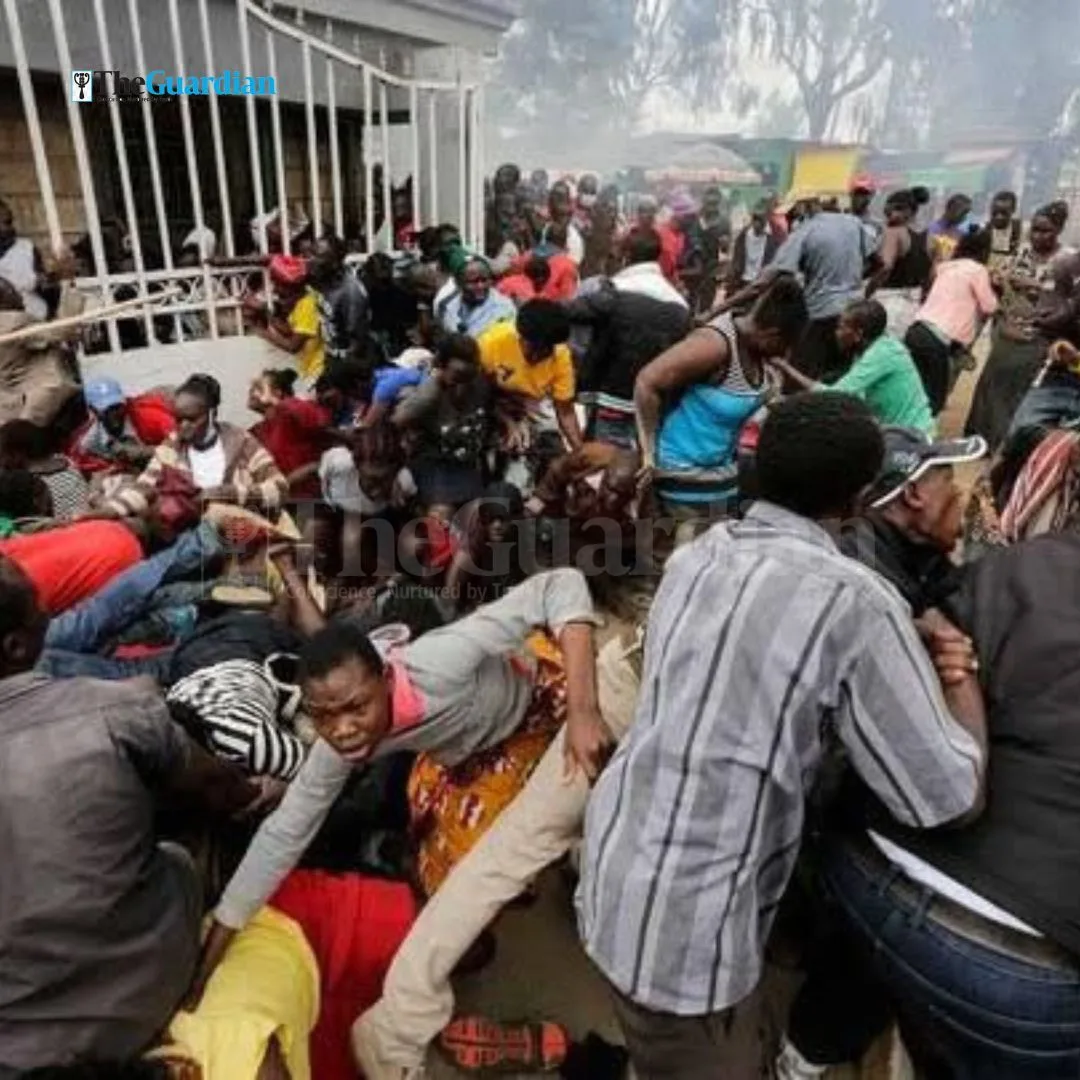



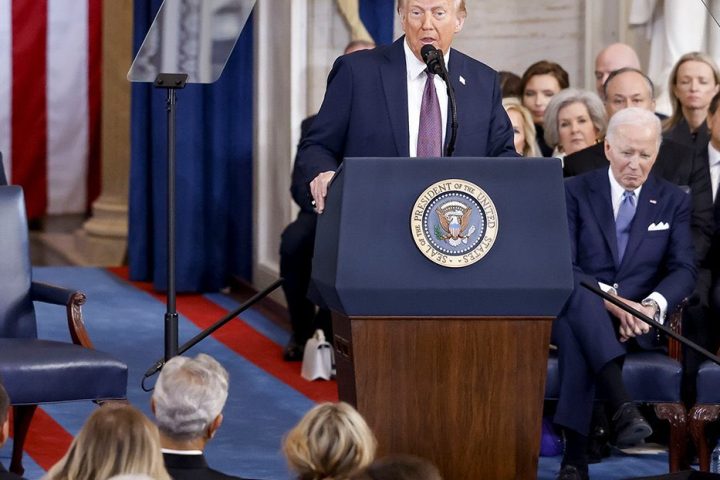

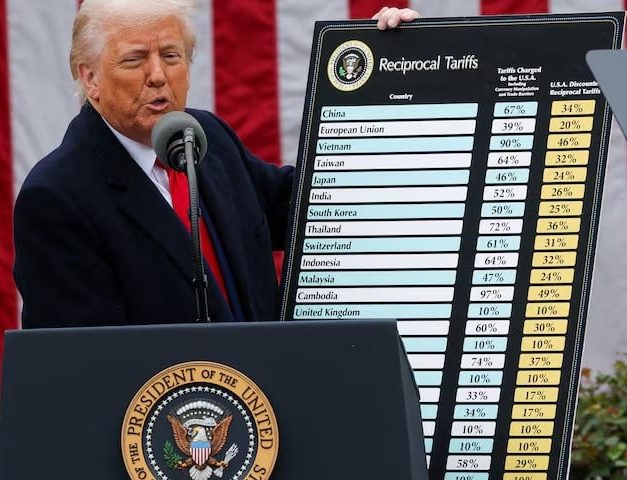





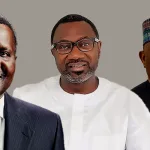


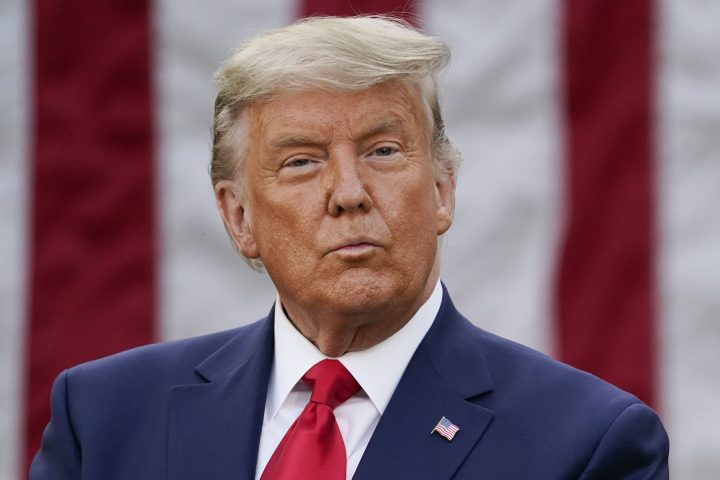
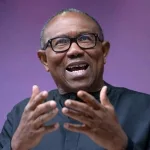
Follow Us